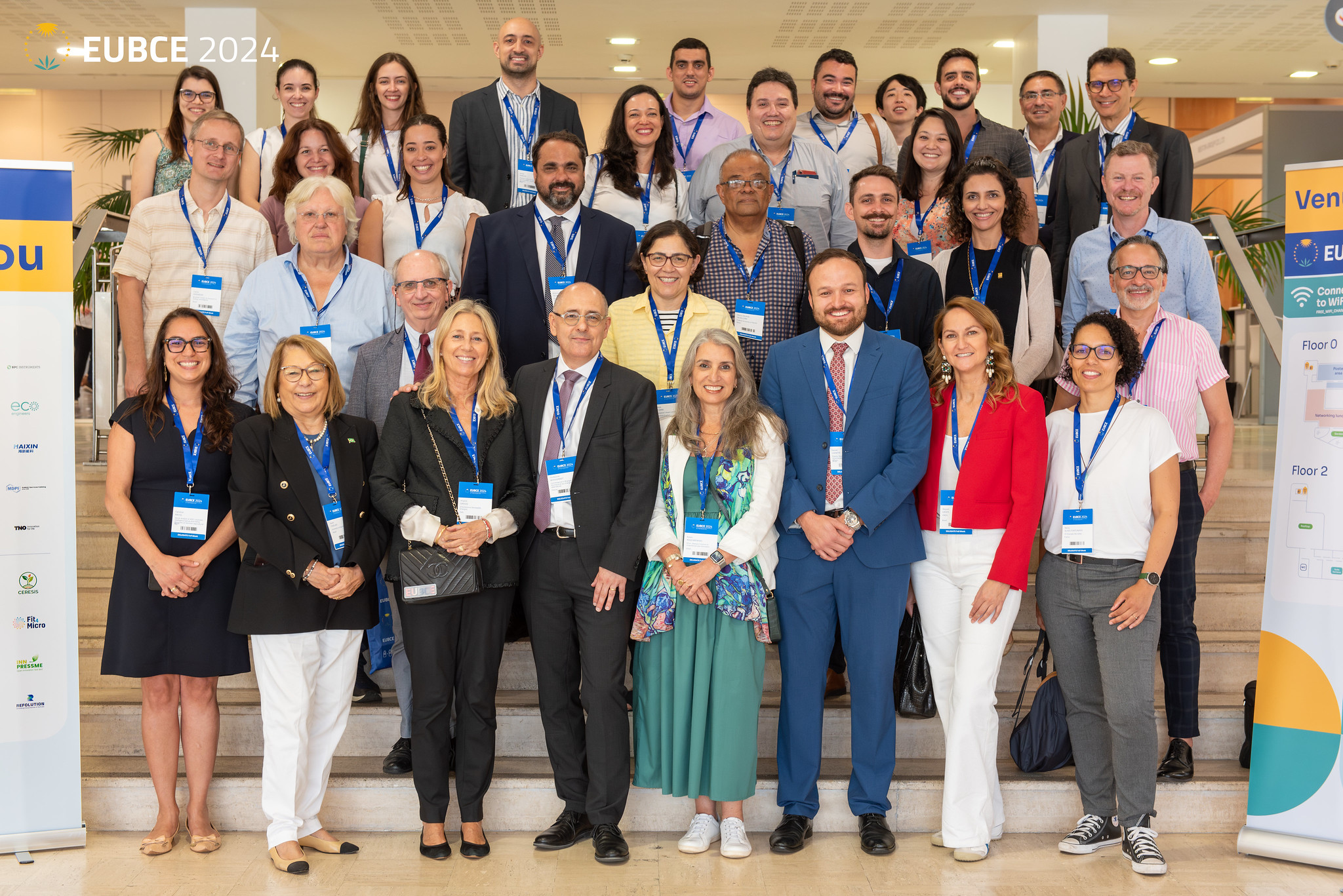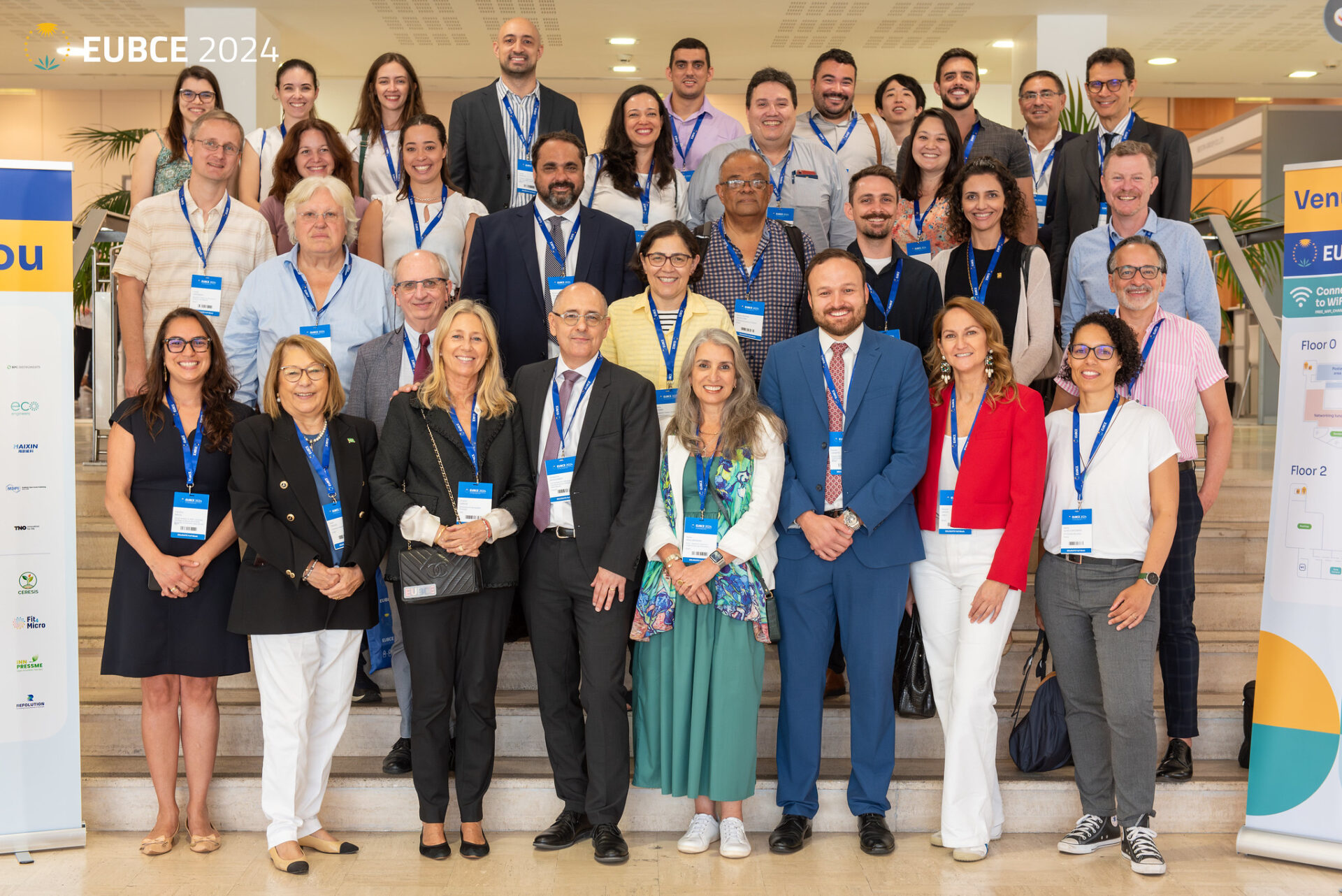
Since the CARBIOW project started in October 2022, the various partners involved in the project have participated on numerous occasions in differents sectoral events, either to present the project or to start disseminating its first results. Collaborative opportunities and knowledge sharing are common outcomes of interactions at these events, fostering advancements in bioenergy research, development, knowledge sharing and helping the consortium to put the CARBIOW project in a more international perspective.
In this article, we use this background to take the pulse of the project stakeholders: What strikes them the most? What makes them most curious? What feedback do CARBIOW partners usually receive when interacting with representatives of other EU-funded projects? Have synergies already emerged at these events?
“Whenever I present the CARBIOW project to stakeholders, they are most impressed by our comprehensive approach to sustainability. They find it striking that we address all three pillars—economic, environmental, and social aspects—in our assessment. They are also fascinated by our innovative process of turning waste into biofuels for the aviation and maritime industries”, states Michelle Gian, PhD researcher at the Aachen-Maastricht Institute for Biobased Materials (AMIBM).
Michelle Gian attended the 9th International Conference of Social Life Cycle Assessment (S-LCA 2024) held in Curitiba (Brazil) in May. She offered the conference ‘Navigating the social assessment landscape: criteria for selecting social methods‘, where she had the opportunity to introduce the CARBIOW project to an audience made up of social experts and other stakeholders.
“I have recently developed an evaluation tool to guide practitioners in selecting social guidelines and methods. When I pitched this tool to a consultant involved in sustainability assessment within the industry, he confirmed the existing gap I observed in the literature regarding the selection of guidelines and expressed that the tool would be very useful for his company. The paper detailing this tool is not yet published, but it will be soon”, she explains.
At sectorial events, stakeholders are usually more curious about the practical applications and scalability of the CARBIOW technologies presented. They tend to inquire about the economic viability of biofuel production, including feedstock availability, production costs, and market competitiveness. Environmental considerations, such as lifecycle assessments and emissions reductions compared to fossil fuels, also attracts curiosity among stakeholders.
“Stakeholders working on bioenergy are often struck by the innovation and sustainability of our project. They particularly show interest in technological advancement in biomass utilization, waste-to-energy processes, biofuel production and costs, for example. They also appreciated that we could demonstrate tangible environmental benefits, such as reductions in greenhouse gas emissions and contributions to renewable energy targets. The integration of bioenergy solutions into local economies, including job creation also had an impact on stakeholders”, says Edesio Miranda-Barbosa, Chief Technology Officer at Svåheia Eiendom AS.
Thanks to him, the CARBIOW project was an active part of the 32nd EUBCE – European Biomass Conference & Exhibition in Marseille (France), one of the most important annual events for the European biomass sector. Edesio Miranda-Barbosa presented there a poster on ‘Energy transition in South-West Norway: The journey from biowaste to biofuel production’.
With over 1300 participants from 54 countries, including 700 researchers and industry leaders, it was a privileged stage on which to showcase the project to a specialized audience of stakeholders and to network. In fact, researchers and representatives from other EU-funded biofuels projects have already provided valuable feedback on technological innovations, scalability of bioenergy solutions, and integration with existing energy infrastructures:
“They emphasized the importance of optimizing biomass conversion processes, enhancing energy efficiency, and ensuring sustainability throughout the biofuel production chain”, states Edesio. “Many of these representatives showed curiosity too about our excellent score (max score 15) obtained from the EU evaluation of our proposal”, Edesio concludes.
Another recent event in which the CARBIOW project was present was the Horizon 2020 GLAMOUR project workshop on Industrial and Transferability, which was a success in terms of participation and discussion. The workshop brought together industry leaders and EU project representatives to explore cutting-edge developments in advanced biofuels and clean energy technologies.
CARBIOW was represented by its technical coordinator, Ali Hedayati from IVL, who got involved online in discussions about in-depth game-changing technologies and processes, together with other sister projects’ representatives from BIOCTANE, BUTTERFLY Horizon Project and REFOLUTION Project.
“It was very inspiring to meet and talk to the coordinators of EU-funded projects in the field of biofuels and biomethane, and to learn how others are trying and advancing in new technologies”, stated Ali Hedayati. “Hearing the EU policy and technology leaders proves how important are advancement and leadership in the field of energy technology to keep Europe competitive. Perhaps nothing is more crucial than correct and reliable investment in advanced and flexible energy systems in Europe”, he explained.
